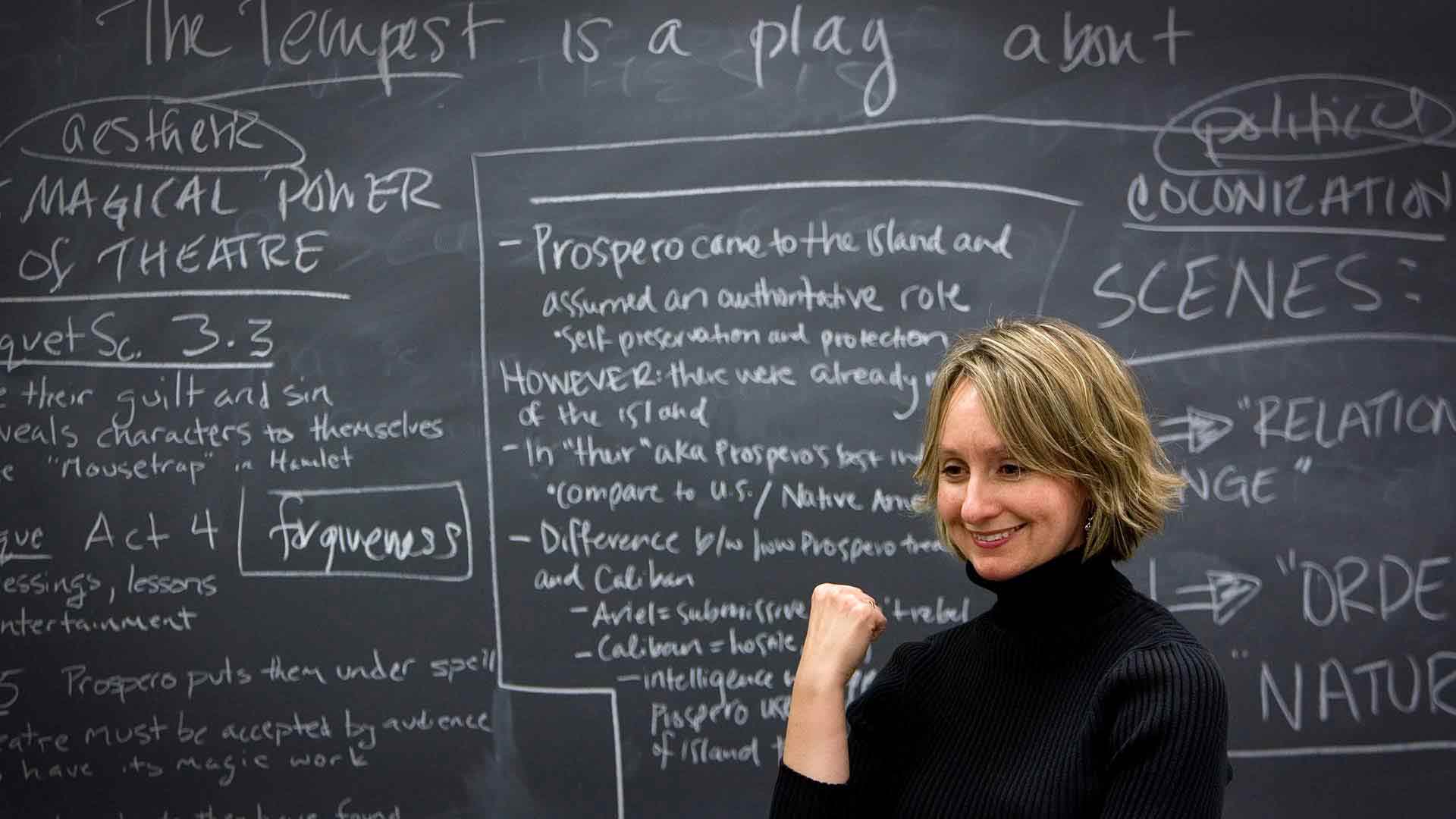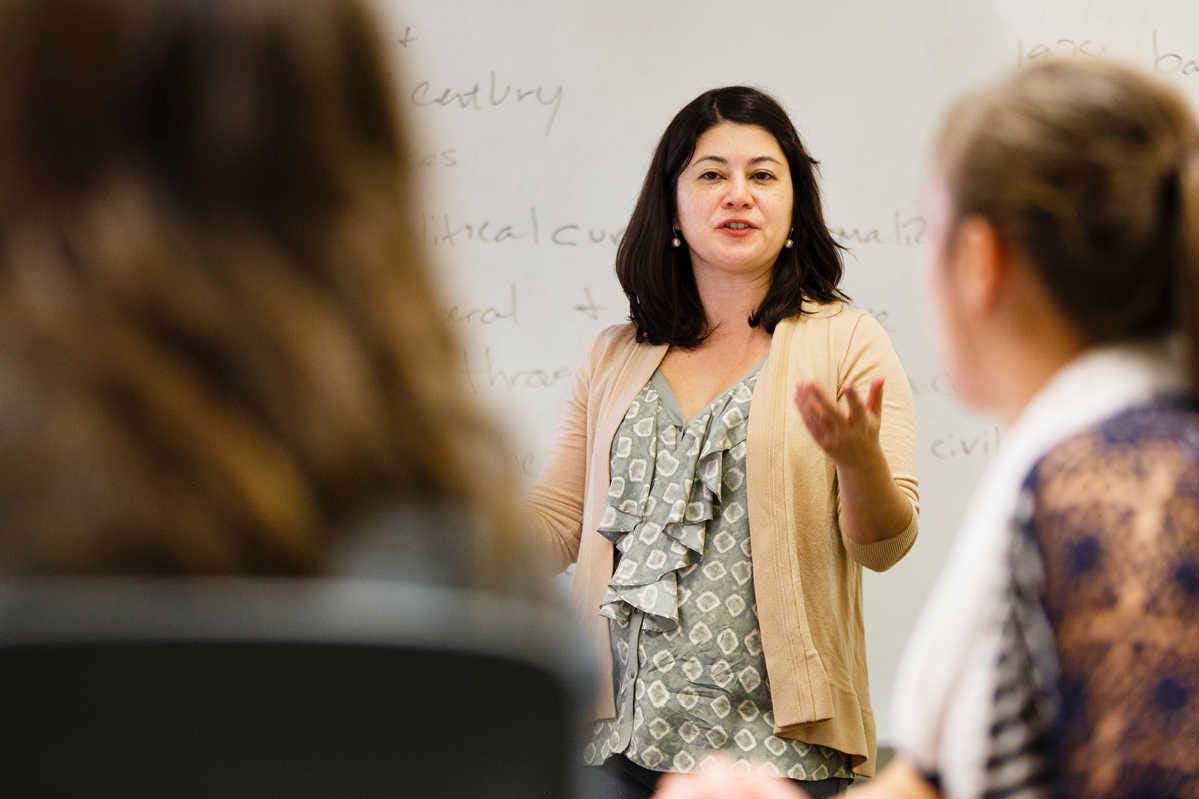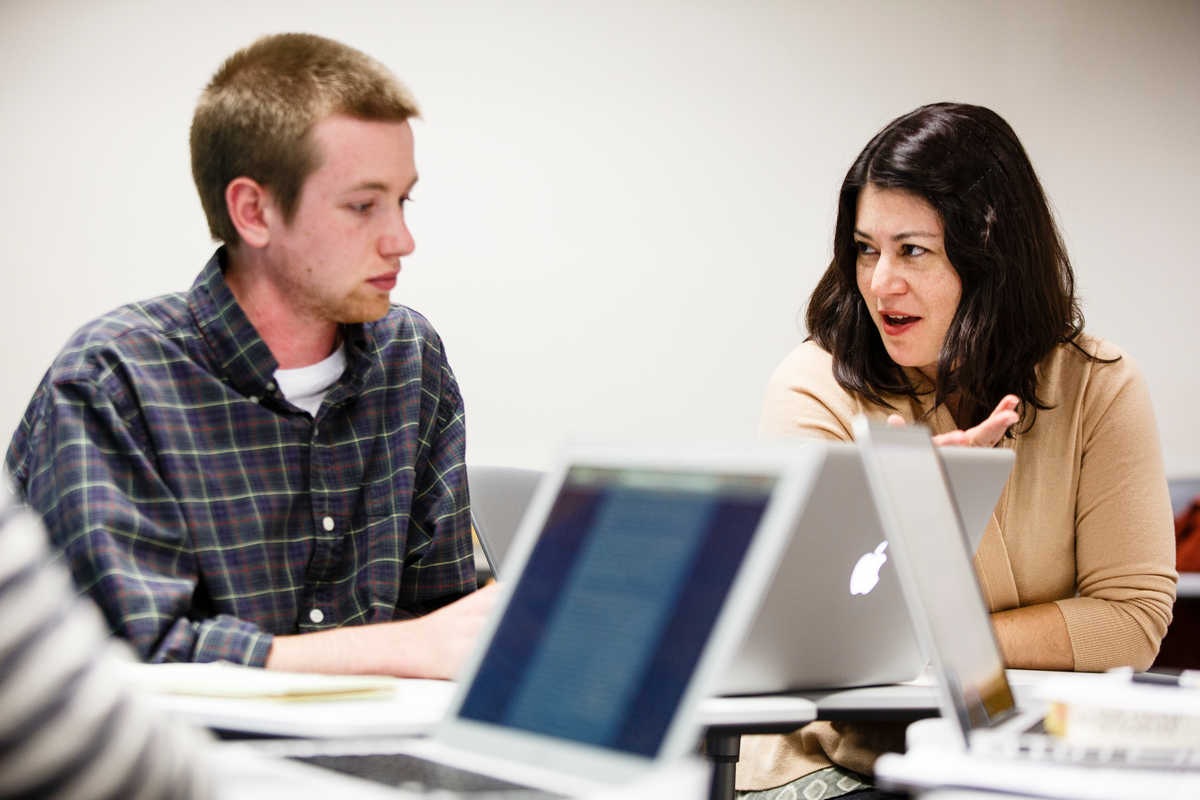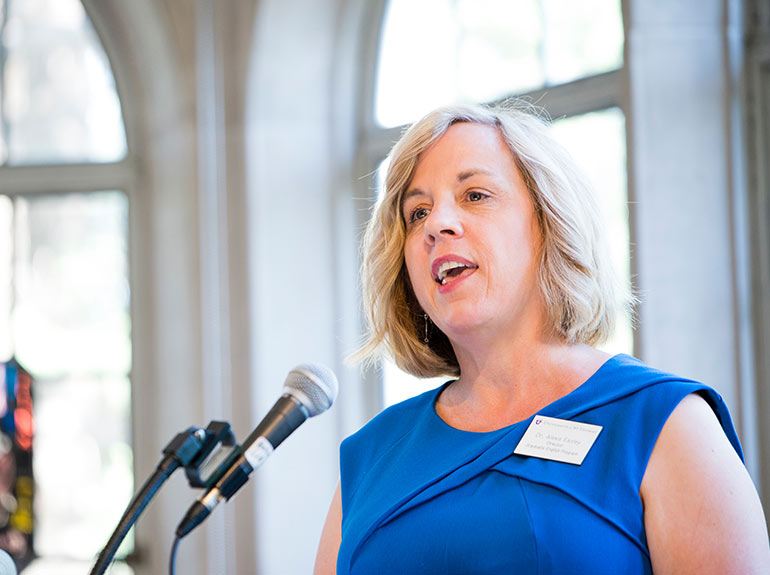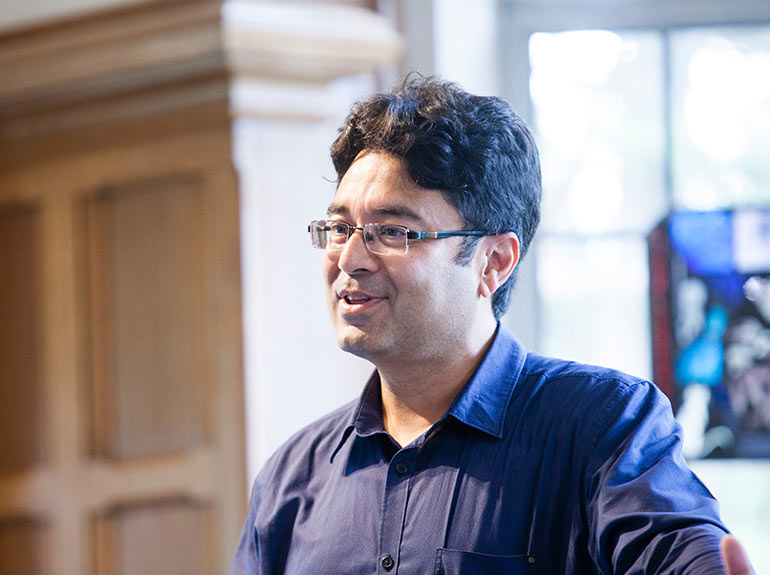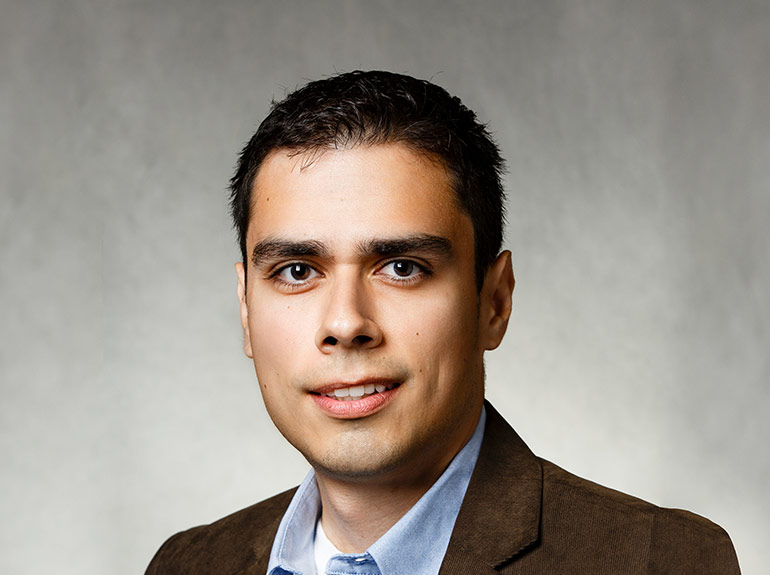
Dr. Fernando Sánchez
As Assistant Professor of English in Professional Writing Dr. Sánchez studies issues connected to placemaking. This ranges from looking at how maps are rhetorically constructed to examining the technologies that geographers and urban designers use. He is also interested in issues of diversity and difference. Fernando has taught courses in freshman composition, professional writing research, visual rhetoric, grant writing, healthcare communication, and business and technical writing.
